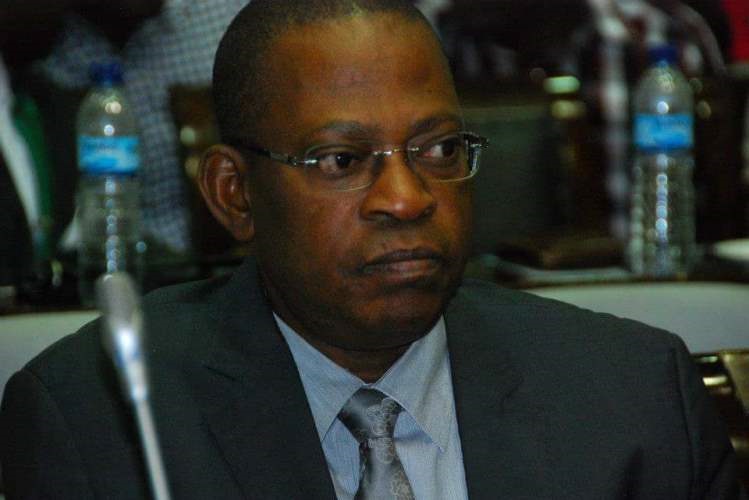CPLP: Mozambique MPs ask for reopening of Guinea-Bissau parliament, but pledge non-interference
Mozambique justice minister threatens to sue Lusa over alleged mass graves

File photo / Isaque Chande, minister of Justice of Mozambique
The Minister of Justice, Constitutional and Religious Affairs, Isaque Chande, said last Friday that the government would bring legal action against the Portuguese news agency Lusa in case no evidence is found on the mass grave containing 120 bodies in Gorongosa, Sofala province.
The Portuguese news agency body reported that a group of farmers would have found “a mass grave containing more than one hundred bodies in Area 76 of Canda administrative post in Gorongosa district,” where there have been clashes between Renamo and defence and security forces. The report was quickly reproduced by other national and international media.
“In light of the investigations carried out by the provincial public attorneys of Manica and Sofala and local police, with technicians related to the justice sector, if it comes to the conclusion that the information was intended to tarnish the country’s image, we may trigger accountability mechanisms,” Chande said.
“According to the work done so far, the news of the existence of the grave containing human bodies does not correspond to the truth,” said the minister, adding that “the work that is being carried out by the Sofala and Manica public attorneys involving local authorities and communities” will offer further information.
An investigative field visit to Sofala and Manica by the Committee on Constitutional Affairs, Human Rights and Legality starts today, Monday 30 May.
Last week, the deputy interior minister told the parliamentary committee that authorities are currently establishing the circumstances under which the bodies found on the border between Manica and Sofala provinces came to be there, and that in fact there were 11 bodies, not 13 as some sources have reported.
The Committee last week heard evidence from Lusa’s Mozambique correspondent Henrique Botequilha who explained that the information was made known to his agency on condition of anonymity by peasant farmers, and had later been misused in some national and foreign outlets.
“We reiterate that it’s our responsibility to look after the news which are in our possession,” he said, “but we lose control over them once they’re published.”













Leave a Reply
Be the First to Comment!
You must be logged in to post a comment.
You must be logged in to post a comment.